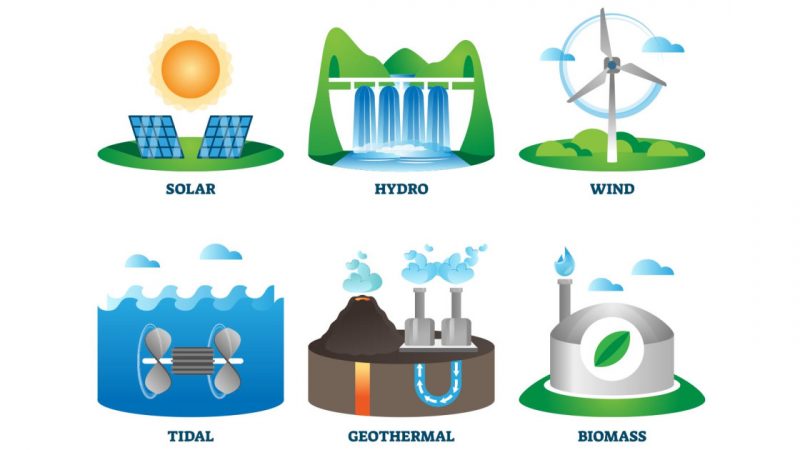Things to Know About Impact of Air Polution on Pregnancy
Congratulations on your growing family! You can find a lot of things to be considering now. It is simple enough to avoid sea food and alcoholic beverages while pregnant. But how about the environment you breathe?
For a long time now, analysts have researched how polluting of the environment impacts pregnancy, the undesireable effects of polluting of the environment on women that are pregnant as well as their infants, and the prognosis appears much more serious with every finding.
Here’s all you have to know about air quality, where pollution comes from, and how you can avoid breathing unhealthy air while transporting your baby. Check the levels of pm2.5 air pollution in your area.
What is Air Pollution?
Air pollution comes in many forms. Typically, polluted air is comprised of ozone, particulate matter, nitrogen dioxide, sulfur dioxide, vehicle exhaust, building emissions, second-hand smoke, dust, and chemicals. You can be exposed to air pollution whether you’re in the country or a major city.
Common symptoms of continuous air pollution exposure include:
- Coughing
- Wheezing
- Vision and sinus irritation
- Advanced respiratory diseases like bronchitis, asthma, and emphysema
- Chronic fatigue
- Decreased lung capacity and shortness of breath
- Damage to lungs and heart
- Cancer
Although air pollution isn’t healthy for any living creature, it has the most severe impact on pregnant women, children, babies, those with respiratory system problems, and older people.
Potential Dangers to be Exposed to POLLUTING OF THE ENVIRONMENT During Pregnancy
Research is always uncovering much more serious data in what polluted air can do to women that are pregnant and their infants.
Below are a few of the sobering implications you may want to look out for.
- Low Delivery Weight – The perfect pregnancy provides six to nine-pound infants at 38-40 weeks. Infants under five pounds eight oz. are believed “low birth weight.” Typically, one in every 12 babies in the us exists underweight-for a number of reasons-but contact with polluting of the environment while pregnant is speculated to cause this problem.
An interesting research in Beijing-one of the world’s most severe metropolitan areas for air pollution-made strides in hooking up polluting of the environment to low delivery weight. Researchers examined women who had been pregnant through the 2008 Olympics in Beijing, a two-month period when the town was mandated to lessen emissions and improve quality of air. The study found that women who have been in their eighth month of pregnancy during the Olympics (compared to women who delivered during the same calendar weeks years prior) delivered babies who have been 0.8 ounces heavier. It’s still unknown which trimester, month, or week is most vulnerable to the effects of air pollution, but the study is nevertheless persuasive.
- Preterm Birth – Relating to a study from the Stockholm Environment Institute (SEI) at the University or college of York, nearly three million babies are created prematurely each year because of air pollution. That means 18 percent of all total annual preterm births have been linked to exposure to particulate matter pollution. Children created before term have a significant risk of neurological disorders and long term physical disabilities. While premature birth can happen to anyone for many reasons, air pollution is one you should try to avoid.
- Autism – An alarming Harvard study revealed that women exposed to high particulate matter pollution during their other trimesters were doubly more likely to deliver a kid with autism-especially if indeed they resided near a highway where particulate matter is highest. It’s important to notice that this research discovered that women subjected to the same dangerous degrees of the particulate matter previously in being pregnant didn’t experience an increased threat of having a kid with autism.
- Asthma – Polluting of the environment exacerbates asthma. In women that are pregnant, this is dangerous because asthma can cause preeclampsia, an ailment that causes raised blood circulation pressure and reduced function of the liver organ and kidneys. When asthma is well-managed, you as well as your baby should be fine. However, neglected asthma can cause your child to have problems with lack of air, resulting in poor development, premature delivery, and low delivery weight. Research in addition has found that contact with polluting of the environment can boost your baby’s likelihood of developing asthma later in life because particulate matter air pollution breaches the placenta.
Fertility Problems – In the event that you anticipate starting or growing a family, you may want to be cautious with the environment you inhale. Multiple studies have identified air pollution contributes to lower fertility rates in men and women.






